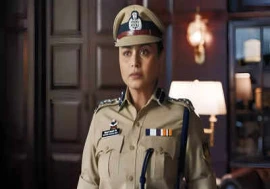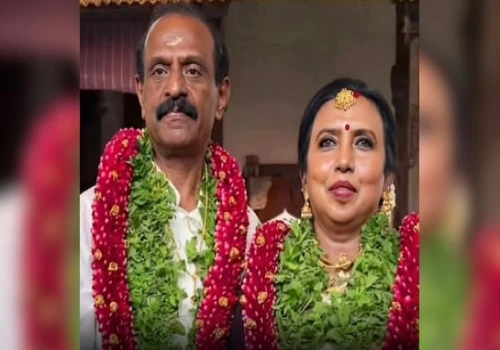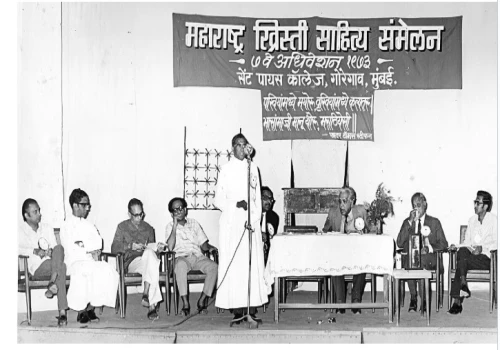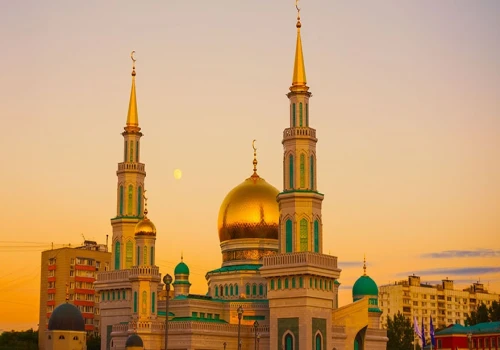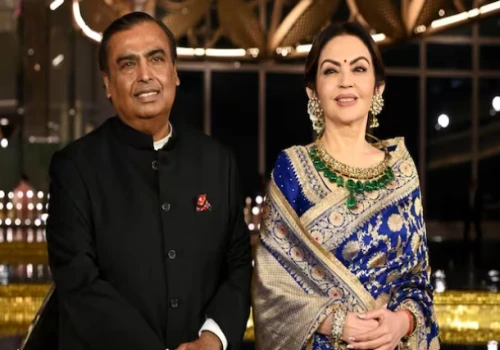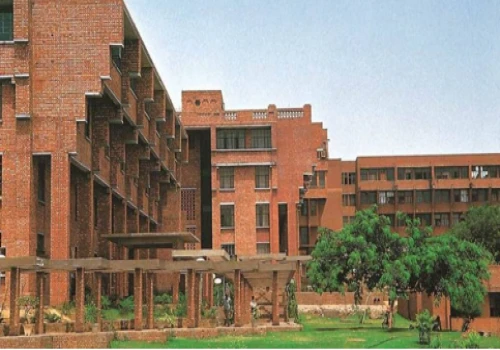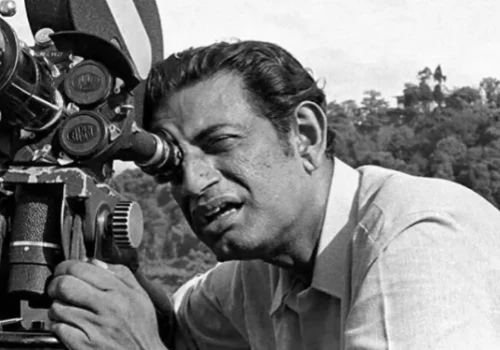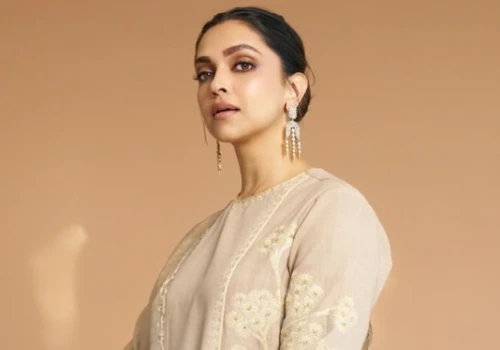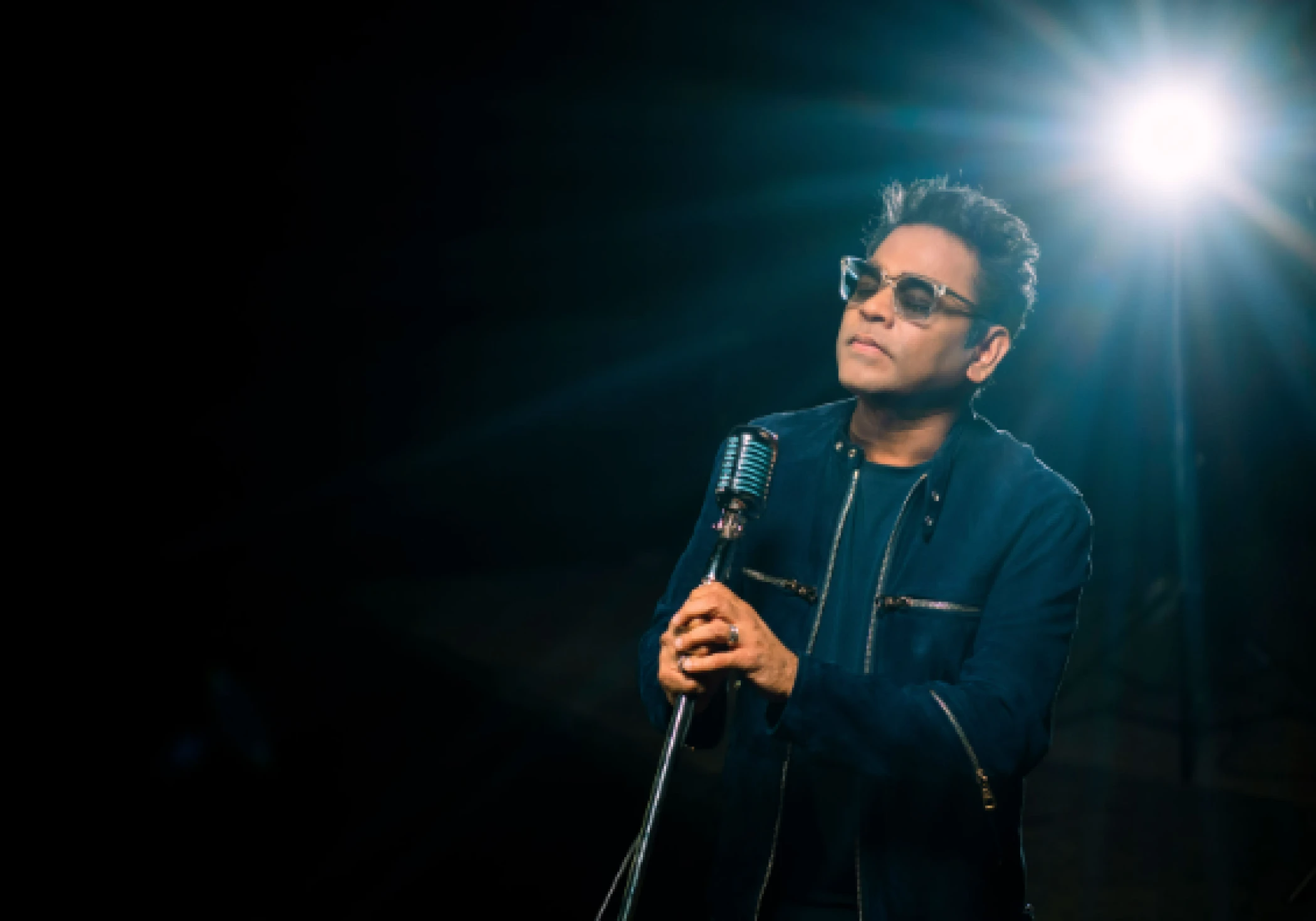
A. R. Rahman, born A. S. Dileep Kumar on January 6, 1967, in Chennai, India, is among the most powerful and renowned composers of contemporary music. Hailed as the "Mozart of Madras," Rahman is an Academy and Grammy Award-winning composer whose work in music has transcended cultures and continents. With a distinctive style that combines classical Indian music with electronic, world, and traditional orchestral arrangements, Rahman's music has revolutionized the face of Indian and global cinema.
Early Life and Background
Rahman was born in a musically trained Tamil family. His father, R. K. Shekhar, was a composer and conductor of music for Tamil as well as Malayalam films. Rahman started learning the piano at a very young age, and he played in orchestras from the age of 11 to help his family due to his father's untimely demise. His initial exposure to music formed a strong base for his eventual career path as a composer and multi-instrumentalist.
Conversion to Islam and Name Change
In the late 1980s, after a religious conversion following the sickness and subsequent recovery of his younger sister, Rahman and his family were converted to Islam from Hinduism. He was reborn as Allah Rakha Rahman, with a new page in his personal and professional life, religious as well.
Career Highlights
Background Scores and Soundtracks
Rahman's big break was with Mani Ratnam's 1992 Tamil movie Roja. The soundtrack was a massive success and went on to introduce him to national recognition, earning him the National Film Award for Best Music Direction. His later compositions in films such as Bombay, Dil Se., Taal, and Lagaan cemented his image as an Indian film music trendsetter.
Rahman's foray into Bollywood and foreign films was innovative and universal. His composition of the score for Slumdog Millionaire (2008) directed by Danny Boyle brought worldwide fame to him, with which he was bestowed two Academy Awards for Best Original Score and Best Original Song ("Jai Ho"), besides receiving a BAFTA and a Golden Globe.
Performing and Other Projects
Aside from his scoring for films, Rahman has toured live internationally and collaborated with artists across the world, such as Mick Jagger, Andrew Lloyd Webber, and Hans Zimmer. He composed the theme song for the 2010 Commonwealth Games and performed in famed venues such as the Hollywood Bowl and Wembley Stadium.
Musical Style and Influence
Rahman has a reputation for fusing Indian classical music with electronic beats, Western classical influences, and world music traditions. His use of new technology, synthesisers, and new instruments brought a new sound to Indian films and inspired a generation of composers. His songs are distinguished by rich melodies, soulful lyrics, and strong vocal arrangements.
Personal Life and Philanthropy
Rahman married Saira Banu, with whom he had three children. Even with the fame, Rahman is humble and has a spiritually oriented life. Tremendously influenced by Sufism, the music of Rahman often comprises of ideas of oneness and spirituality.
One of his charities is the A. R. Rahman Foundation for disadvantaged children utilizing education and music. He also established KM Music Conservatory in Chennai for developing young music talent.
Other Contributions
Rahman's discography ranges across languages and genres. He has collaborated on Tamil, Hindi, Telugu, Malayalam, and international productions. His filmography involves work as a composer, producer, and occasional actor too. He has also entered the field of filmmaking with the virtual reality film Le Musk.
Awards and Recognition
Rahman has received a plethora of awards, such as six National Film Awards, two Academy Awards, two Grammy Awards, a BAFTA Award, a Golden Globe, and 15 Filmfare Awards. He was awarded the Padma Bhushan in 2010, India's third-highest civilian honour.
Conclusion
A. R. Rahman's journey from being a modest keyboard player in Chennai to becoming an international composer of great renown is one of talent, hard work, and spiritual depth. His music possesses the power to cross boundaries, cultures, and languages to connect hearts worldwide. Inspired by his legacy even further, Rahman is still an icon of India's creative excellence in the global world map.

